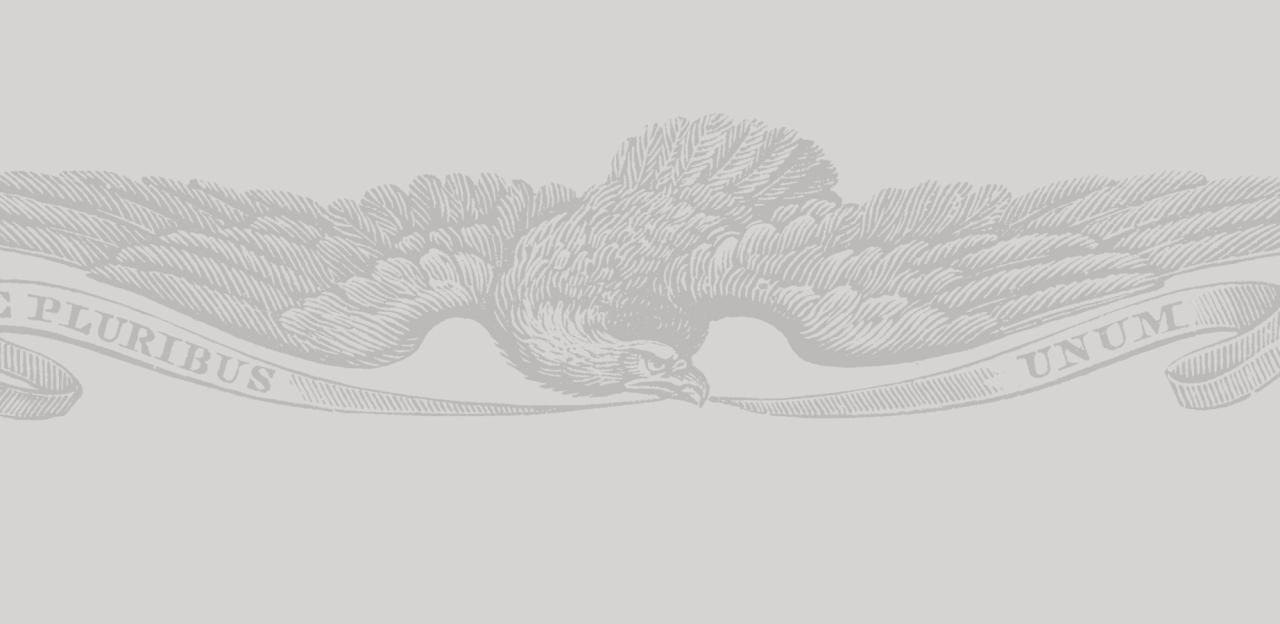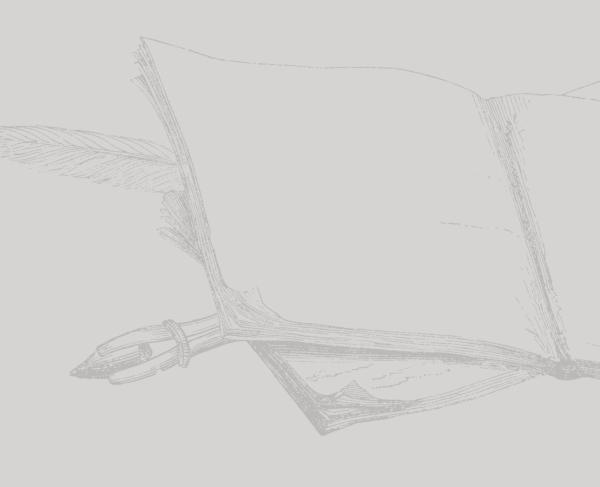Walt Whitman and Civil War Hospitals

The following are excerpts from Walt Whitman’s Complete Prose Works. Whitman travelled to hospitals throughout the war and wrote letters for soldiers, lent a kind ear and small gifts to those who were suffering away from home. He often wrote letters for soldiers in the hospitals who, for one reason or another, were not able to write home.
HOSPITAL SCENES AND PERSONS
Letter Writing.—When eligible, I encourage the men to write, and myself, when called upon, write all sorts of letters for them (including love letters, very tender ones.) Almost as I reel off these memoranda, I write for a new patient to his wife. M. de F., of the 17th Connecticut, company H, has just come up (February 17th) from Windmill point, and is received in ward H, Armory-square. He is an intelligent looking man, has a foreign accent, black-eyed and hair'd, a Hebraic appearance. Wants a telegraphic message sent to his wife, New Canaan, Conn. I agree to send the message—but to make things sure I also sit down and write the wife a letter, and despatch it to the post-office immediately, as he fears she will come on, and he does not wish her to, as he will surely get well.
Saturday, January 30th.—Afternoon, visited Campbell hospital. Scene of cleaning up the ward, and giving the men all clean clothes—through the ward (6) the patients dressing or being dress'd—the naked upper half of the bodies—the good-humor and fun—the shirts, drawers, sheets of beds, &c., and the general fixing up for Sunday. Gave J. L. 50 cents.
Wednesday, February 4th.—Visited Armory-square hospital, went pretty thoroughly through wards E and D. Supplied paper and envelopes to all who wish'd—as usual, found plenty of men who needed those articles. Wrote letters. Saw and talk'd with two or three members of the Brooklyn 14th regt. A poor fellow in ward D, with a fearful wound in a fearful condition, was having some loose splinters of bone taken from the neighborhood of the wound. The operation was long, and one of great pain—yet, after it was well commenced, the soldier bore it in silence. He sat up, propp'd—was much wasted—had lain a long time quiet in one position (not for days only but weeks,) a bloodless, brown-skinn'd face, with eyes full of determination—belong'd to a New York regiment. There was an unusual cluster of surgeons, medical cadets, nurses, &c., around his bed—I thought the whole thing was done with tenderness, and done well. In one case, the wife sat by the side of her husband, his sickness typhoid fever, pretty bad. In another, by the side of her son, a mother—she told me she had seven children, and this was the youngest. (A fine, kind, healthy, gentle mother, good-looking, not very old, with a cap on her head, and dress'd like home—what a charm it gave to the whole ward.) I liked the woman nurse in ward E—I noticed how she sat a long time by a poor fellow who just had, that morning, in addition to his other sickness, bad hemorrhage—she gently assisted him, reliev'd him of the blood, holding a cloth to his mouth, as he coughed it up—he was so weak he could only just turn his head over on the pillow.
One young New York man, with a bright, handsome face, had been lying several months from a most disagreeable wound, receiv'd at Bull Run. A bullet had shot him right through the bladder, hitting him front, low in the belly, and coming out back. He had suffer'd much—the water came out of the wound, by slow but steady quantities, for many weeks—so that he lay almost constantly in a sort of puddle—and there were other disagreeable circumstances. He was of good heart, however. At present comparatively comfortable, had a bad throat, was delighted with a stick of horehound candy I gave him, with one or two other trifles.
THE WOUNDED FROM CHANCELLORSVILLE
May '63.—As I write this, the wounded have begun to arrive from Hooker's command from bloody Chancellorsville. I was down among the first arrivals. The men in charge told me the bad cases were yet to come. If that is so I pity them, for these are bad enough. You ought to see the scene of the wounded arriving at the landing here at the foot of Sixth street, at night. Two boat loads came about half-past seven last night. A little after eight it rain'd a long and violent shower. The pale, helpless soldiers had been debark'd, and lay around on the wharf and neighborhood anywhere. The rain was, probably, grateful to them; at any rate they were exposed to it. The few torches light up the spectacle. All around—on the wharf, on the ground, out on side places—the men are lying on blankets, old quilts, &c., with bloody rags bound round heads, arms, and legs. The attendants are few, and at night few outsiders also—only a few hard-work'd transportation men and drivers. (The wounded are getting to be common, and people grow callous.) The men, whatever their condition, lie there, and patiently wait till their turn comes to be taken up. Near by, the ambulances are now arriving in clusters, and one after another is call'd to back up and take its load. Extreme cases are sent off on stretchers. The men generally make little or no ado, whatever their sufferings. A few groans that cannot be suppress'd, and occasionally a scream of pain as they lift a man into the ambulance. To-day, as I write, hundreds more are expected, and to-morrow and the next day more, and so on for many days. Quite often they arrive at the rate of 1000 a day.
Source:
Whitman, Walt. Complete Prose Works. EBook. Project Gutenberg, September 2005. (accessed October 12, 2022)

